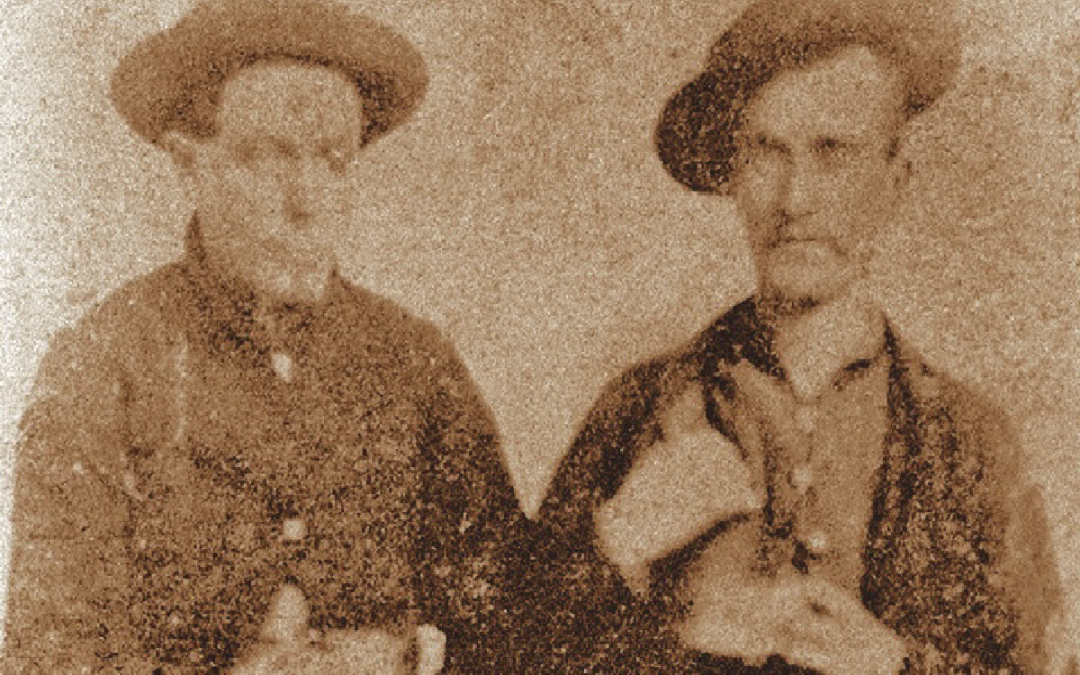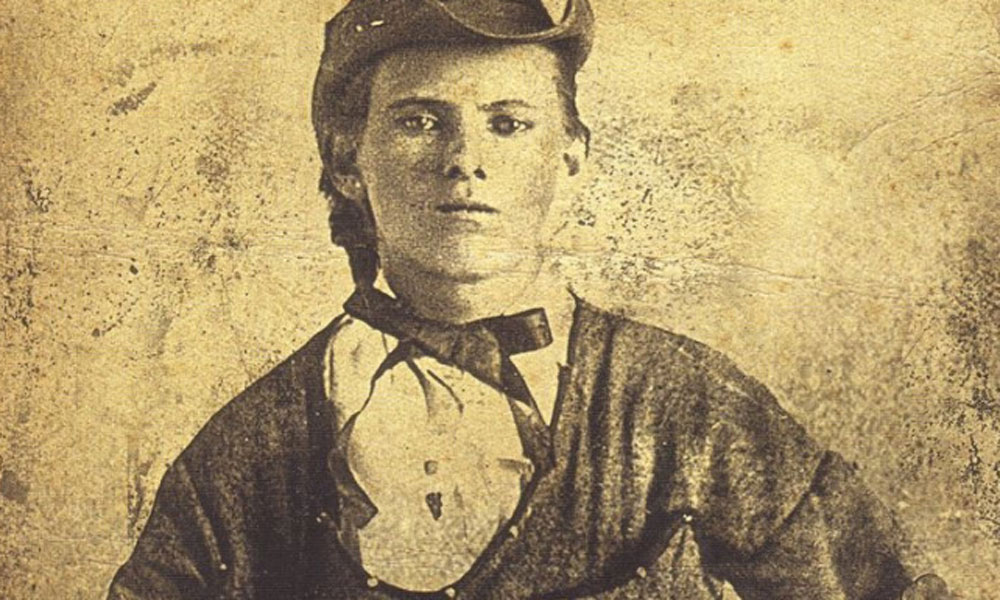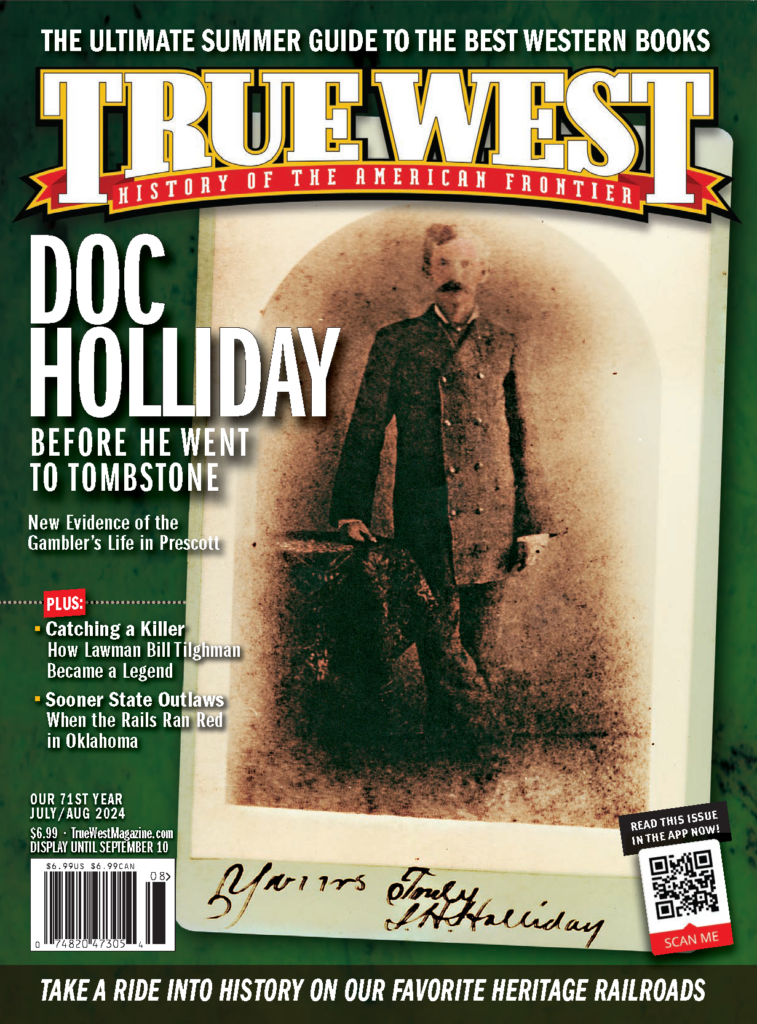Whatever happened to the $97,000 from the Reno Gang’s last heist?
This is one of those “find the money” stories. And it’s one that has attracted treasure hunters for more than 150 years.
It goes back to May 22, 1868. Up to a dozen members of the Reno Gang stopped a Jeffersonville, Madison and Indianapolis train at a watering station in southern Indiana. The outlaws had prior intelligence about its main load: express car safes held about $97,000 in government bonds and notes. In the process of the job, one of the crew was killed and two others hurt. The gang made a clean getaway with the loot.
For the moment.
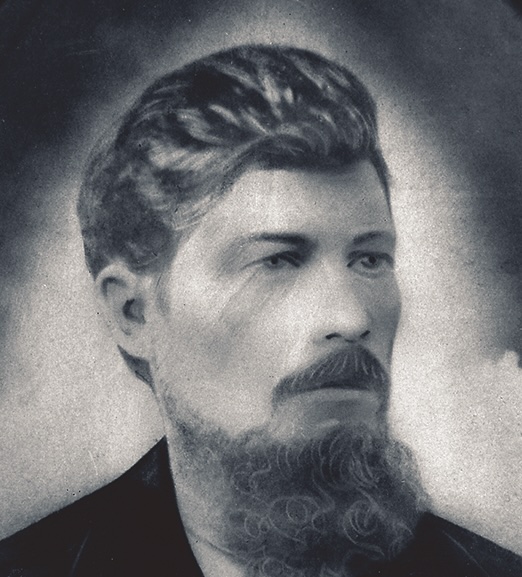
Vigilantes lynched 11 of the outlaws in three separate incidents over the next six-and-a-half months. But ongoing searches—some official, some by treasure hunters—never turned up the stolen money. Where is it?
I’ve been studying the Renos for some 30 years, and I’ve got some theories.
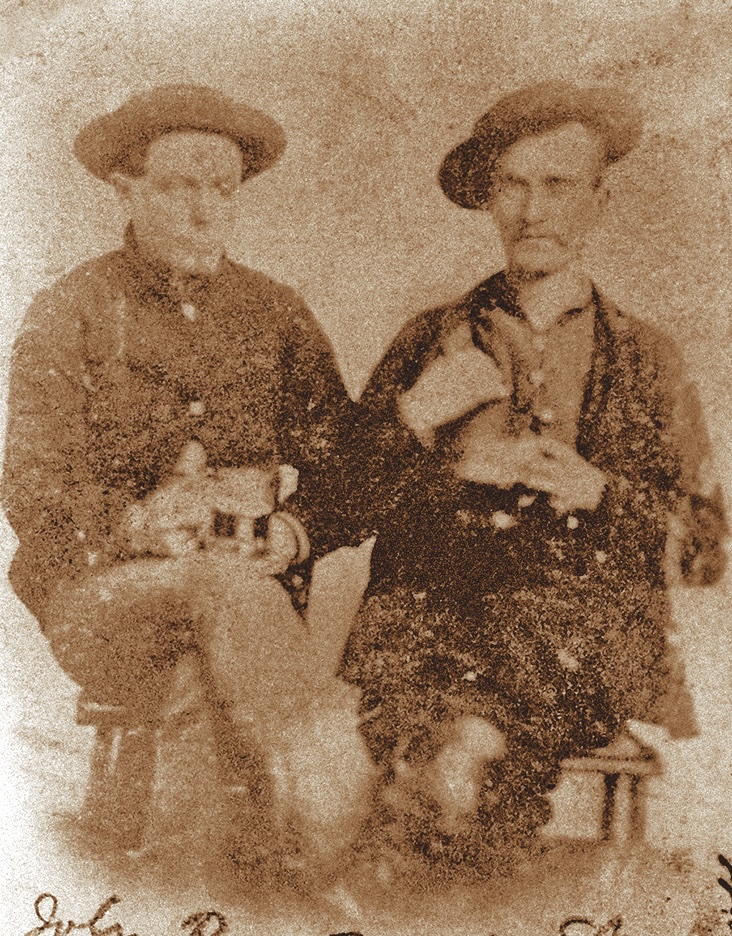
First, three of the gang members—including leader Frank Reno—managed to escape (temporarily) to Canada. While fighting extradition to the U.S., Reno offered thousands of dollars in bribes to stay in Canada (honest officials said no). I believe Frank Reno and the others took at least some of the robbery loot to their north-of-the-border hideout. And the outlaws likely left at least some with Canadian cohorts.
The rest of the money? Many believe it was buried around Seymour, Indiana, the gang’s headquarters. But the Renos, who had pulled in many more thousands of dollars in criminal activities over the previous few years, had never before put money in the ground, in caves, etc. They spent it—often to grease the palms of local officials and businesspeople in an effort to avoid issues in their hometown. They blew the rest of it on high livin’. That was the historic pattern; why would the bandits change a successful process?
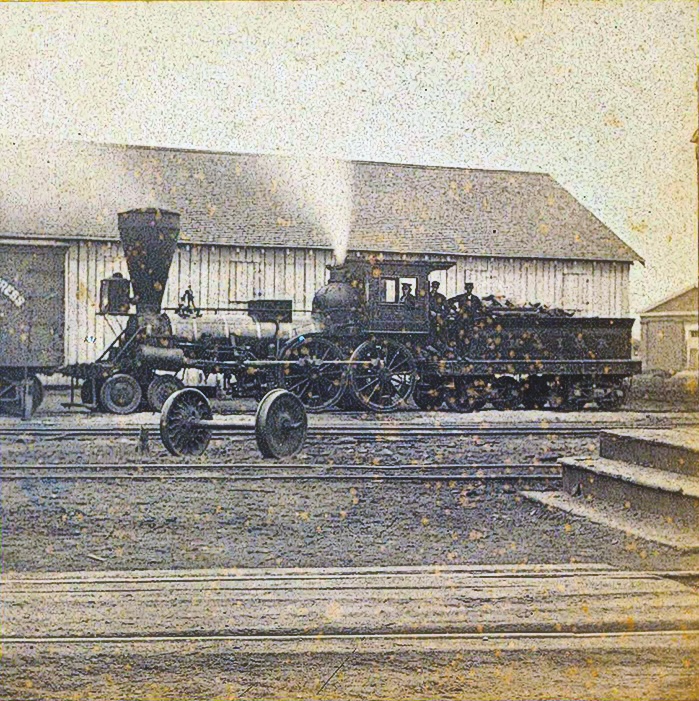
Courtesy NYPL Digital Collections
I believe local businesses in particular took the notes and laundered them, in various fashion, giving the Renos clean cash (and keeping some for themselves). There is at least some evidence of that. In the early 1870s, one of Seymour’s most successful merchants and property owners, John Pfaffenberger, tried to cash one of the $500 notes from the robbery at a Cincinnati bank. The note numbers had been circulated to money institutions around the Midwest in 1868, and some bankers were still on the lookout. Pfaffenberger was arrested and tried for passing stolen notes; he was found not guilty since the prosecution couldn’t prove that he knew they were illegal. His reputation probably played a role in that verdict.
The rest was never discovered. I don’t believe the loot is in a hole in the ground or some cave in southern Indiana—sorry, treasure hunters. It’s long gone. And most of those who profited from the stolen money were not the robbers themselves.

